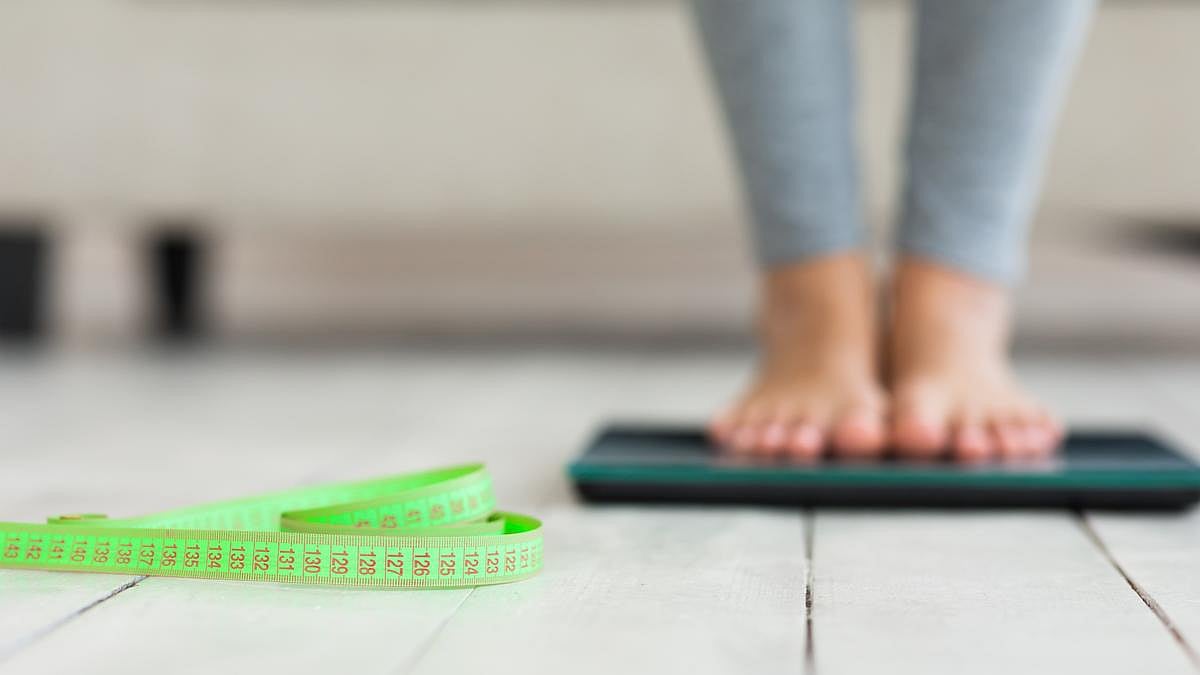Two-Way Messaging Available! Text Us At: (602) 840-0111
Download our NEW Mobile App!
Get Healthy!

- I. Edwards
- Posted June 5, 2025
More U.S. Teens Are Now Taking Wegovy for Weight Loss
More American teenagers now use the weight-loss drug Wegovy, as doctors and families grow more comfortable with the treatment.
But experts say access is still limited, and more research on its long-term safety in teens is needed, NBC News reported.
Prescriptions of Wegovy to teens rose 50% in 2024, according to Truveta, a health data company. The drug was prescribed to 14.8 of every 100,000 adolescents, up from 9.9 in 2023.
Wegovy was approved in late 2022 for kids 12 and older who struggle with obesity. In the first three months of 2025, the rate rose again — to 17.3 prescriptions per 100,000 teens.
Still, that’s tiny fraction of the U.S. teens who are living with obesity.
“It’s promising that more young people are using these medications, but it’s still a very small percentage of patients with severe obesity that are getting access to them,” Dr. Cate Varney, an obesity medicine specialist at the University of Virginia Health System, told NBC News. “When lifestyle changes alone are insufficient, we need these additional tools.”
Truveta reviewed the health records of 1.3 million 12- to 17-year-olds. The data included 30 U.S. health systems, with more than 900 hospitals and 20,000 clinics.
The study looked only at Wegovy, not other GLP-1 drugs like Ozempic or Zepbound, which are not approved for teen weight loss.
About 8 million U.S. teens — 23% of those ages 12 to 19 — live with obesity, according to government data. That’s up from just 5% in 1980.
Teen obesity raises the risk of lifelong conditions like type 2 diabetes, heart disease and liver disease, the NBC News report added.
In 2023, the American Academy of Pediatrics recommended that doctors consider GLP-1 drugs for kids 12 and up who have obesity.
But some doctors are wary. They say there isn’t enough long-term data on how the drugs affect growing bodies, plus treatment may have to continue for years, NBC News said.
Insurance coverage is also a concern. Most plans don’t cover weight-loss drugs for teens. They may also deny coverage for dietitian visits or behavioral counseling.
At Nemours Children’s Hospital in Delaware, the Healthy Weight and Wellness Clinic treated around 2,000 teens last year. About 25% of them were prescribed Wegovy or a similar drug, according to Dr. Thao-Ly Tam Phan, who heads the clinic.
That number nearly doubled from 2023, she said.
Her patients lost 15 pounds within 6 to 12 months on a GLP-1 drug. After a year, some had lost close to 30 pounds.
Still, many teens couldn’t get the medication — either because of insurance issues or family concerns about side effects. Some used older, cheaper drugs or focused on lifestyle changes.
“It is important for us to continue to monitor and better understand outcomes from the medications — both positive and negative — before widespread use,” Phan told NBC News.
U.S. Health Secretary Robert F. Kennedy Jr. has warned against overusing drugs like Wegovy in kids. A recent federal report said more long-term studies are needed, raising concerns that the drugs may affect growth and development.
In response, Novo Nordisk — the maker of Wegovy — said its clinical trials found no impact on puberty or growth in teens.
“Obesity often starts in childhood,” the company said in a statement. “We are confident in the proven safety and efficacy of our GLP-1 medicines.”
Eli Lilly, which makes the drug Zepbound, is currently studying its use in teens. So far, the company says there’s no evidence the drugs harm growth or metabolism.
At Cincinnati Children’s Hospital, about 15% of teens in one program were prescribed GLP-1 drugs between July 2021 and July 2023. Some also had type 2 diabetes.
Pediatrician Dr. Robert Siegel, director of its Center for Better Health and Nutrition, said he usually prescribes three to six months of exercise and diet changes before turning to medication.
“These medications are likely to be needed for a very long time to maintain weight,” Siegel said, “and we only have a relatively short-term experience with them.”
More information
The Mayo Clinic has more on weight loss drugs.
SOURCE: NBC News, June 3, 2025





